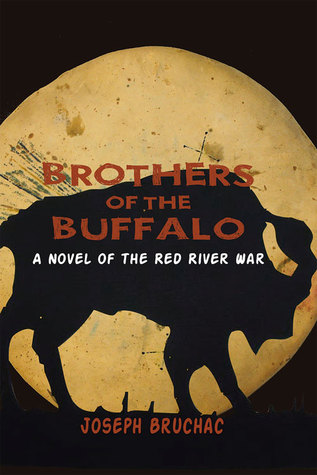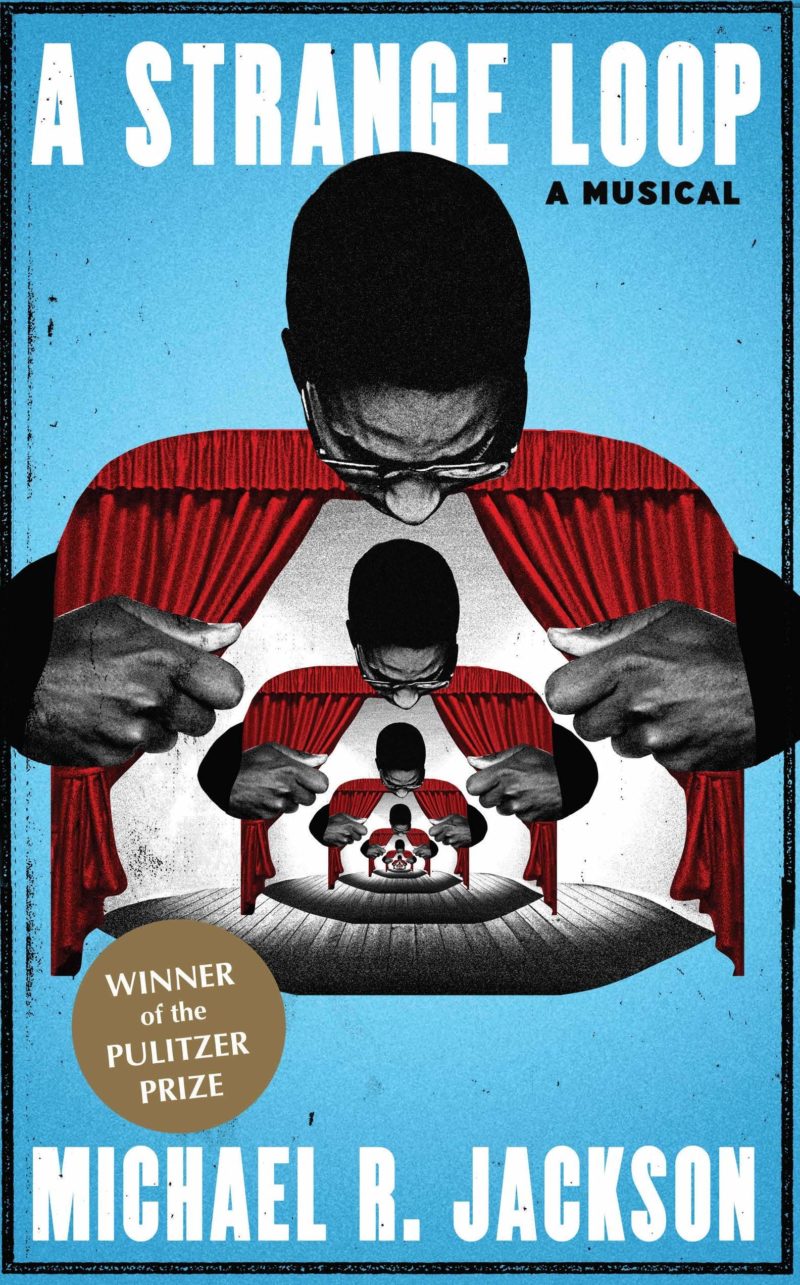Washington “Wash” Vance was born a slave in Virgina, and now, in 1872, a free man, he’s joined the United States Army as a member of the 10th Cavalry, an all African-American regiment stationed in the Wild West. Wolf is a young Cheyenne warrior whose way of life is endangered by the US Government’s encroaching expansion and the greed of the white hunters who are killing off the buffalo that Wolf and other members of his tribe need to survive. Both Wash and Wolf are caught up in dynamic forces of change for the United States, and author Joseph Bruchac has compellingly depicted their coming-of-age tales.
The first thing I noticed about Brothers of the Buffalo was how much Bruchac managed to capture the excitement and adventure of old Western tales in his narrative while simultaneously doing what most of the older tales do not – giving proper respect and consideration to the many different cultures of Native Americans who were victimized by US westward expansion. Wolf is of the Cheyenne tribe, but members of the Comanche, Kiowa, Arapahos, Wichitas, Delware, and other tribes also make an appearance in the novel, and the relationships between these separate groups are explored even as all suffer similar hardships. The best part about this isn’t just that it’s important for these tribes and their differences to be thoughtfully represented in literature for young adults, but also that the stories of people like Wolf are already the most interesting and dynamic (and heartbreaking) of any tales that could be imagined about the “Old West.”
The inclusion of Wash as the lens through which the reader experiences the crimes of the US Army is a stroke of genius which complicates the text in all kinds of fascinating ways. It’s only been a few years since the end of the Civil War, and though Wash and his family are now free, he still faces rampant discrimination and struggles to find opportunities to build a better life for himself. Even out West, where Wash and his company are often ordered to subdue rowdy Native Americans, he experiences the scorn of white soldiers who will never see him as an equal, and finds himself often sympathizing with the Native Americans rather than those he’s serving.
Though the book bills itself as “a tale of conflict and unlikely friendship in the Wild West,” I wouldn’t say that Wash and Wolf become friends, exactly; their paths cross from time to time, but the two young men primarily serve as different perspectives on a contentious time in US history. Though they share many of the same views, their experiences are drastically different. One of the things I found most striking was that though both experience discrimination and hardship, Wash’s story is largely a hopeful one, of him finding a way to make a place of happiness for himself in the world, while Wolf’s is a tragedy – the reader knows from the very beginning that most traces of the life he and his family knows will soon be wiped out.
All of that only brushes the surface of my thoughts on this story – one of the things I liked so much about it is that it gives the reader a lot to think about! You’ll find this story exciting, illuminating, and heartbreaking all at once. As Bruchac tells the story over a period of two or three years, I do think some readers might find the structure somewhat disorienting since he aims to depict the general experiences of Wolf and Wash during this time rather than following one distinct plot line. But overcoming that confusion is well worth it for the important perspective Bruchac brings to this era of our history.
A copy of this book was provided by the publisher for review.



